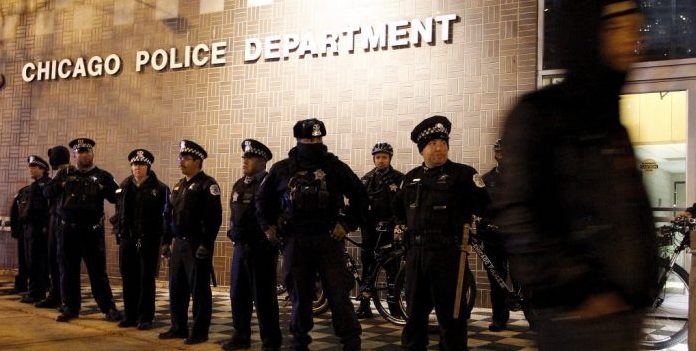(Molly Bruns, Headline USA) Residents of Southern Illinois are at their wits end with the City of Chicago, prompting greater efforts to split off and create a 51st state.
Exponential increases in crime, debt and government corruption are pushing out southern Illinois residents, who want only to “kick [them]selves out of Illinois.”
While there is no specific procedure for the separation of a state, the proposal for a new state must at least be approved by the former state’s legislature and Congress. Despite that, the residents of Illinois outside of Cook County are largely in favor of the idea.
According to the Daily Caller, a nonpartisan organization known as New Illinois is working to educate the state’s residents on a state split movement.
“We are a state split organization, and our areas of focus are representative government, government corruption, and our state’s fiscal catastrophe,” New Illinois Chair G.H. Merritt said.
Northern Illinois saw record levels of government corruption between the years of 1976 to 2020, and the state ranks third highest in corruption overall. The state is also on track to a $6 billion debt increase for the 2022 fiscal year.
The city of Chicago also reported the a greater number of homicides than any other major U.S. city.
“Whenever there is a new problem going on in the state, it has the potential to increase public interest in what we’re doing,” Merritt said.
When surveyed, 75% of residents of Brown, Hardin and portions of Madison County said they are in favor of exploring a resolution that would give them greater representation in the state and divorce themselves from Chicago’s crumbling reputation.
Merritt said a resolution to start the process will be filed in January.
Illinois is not the only state to attempt a split.
Citizens in Colorado, California, Minnesota, Oregon and Virginia have all expressed interest in glomming onto neighboring states with less crime, corruption and debt.
“You have this movement in Illinois, you have it in California, you have it in New York, you have it in Colorado, it’s because the people in the rural areas don’t have a meaningful voice in the government,” Merritt said.

